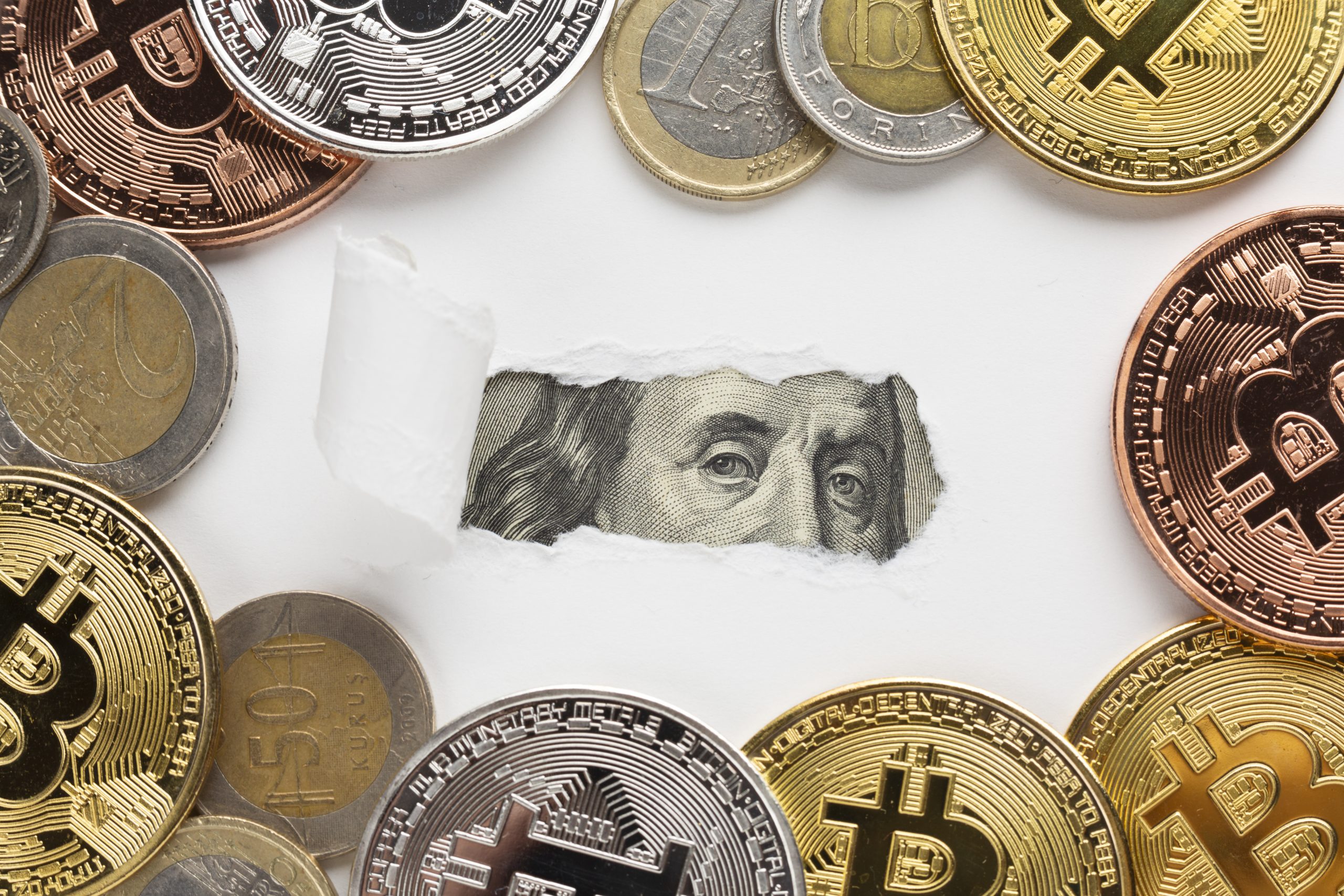Dollar weakness intensified on Thursday as U.S. fiscal concerns and a disappointing 20-year Treasury bond auction dragged the greenback to a two-week low against the Japanese yen. The dollar fell as much as 0.4%, reaching 143.15 yen, as market participants grew more cautious amid rising debt levels and political uncertainty in Washington.
Dollar Weakness Intensifies on U.S. Debt and Bond Market Pressure
The U.S. dollar slipped to a two-week low against the Japanese yen on Thursday as investors reacted to growing fiscal concerns and disappointing demand for government bonds. The greenback dropped as much as 0.4% to 143.15 yen, marking its lowest level since May 7.
The move followed a lackluster 20-year Treasury bond auction, which further fueled fears about the U.S.’s fiscal trajectory. At the same time, legislative momentum behind President Donald Trump’s tax cut and spending plan added to the debt outlook, with the Congressional Budget Office projecting a $3.8 trillion increase in federal debt over the next decade.
Weak Auction Adds to Investor Nervousness
Market sentiment remains fragile after last week’s downgrade of the U.S. credit rating by Moody’s. The underwhelming bond sale reinforced a broader “Sell America” trend, pressuring both the dollar and U.S. equities.
While a brief bounce in the dollar occurred following comments from Japan’s Finance Minister Katsunobu Kato—who clarified that foreign exchange issues were not discussed with U.S. officials—traders remained skeptical about U.S. intentions regarding currency policy.
Asian Currencies Rise as Dollar Retreats
In Asia, South Korea’s won reached 1,368.90 per dollar on Wednesday, its strongest level since November 4, after local media suggested Washington was pressuring Seoul to support its currency. The won later eased to 1,381.00.
The euro stayed flat at $1.1326 following a three-day rally, while the British pound rose 0.1% to $1.3431. The Swiss franc also edged up, trading at 0.8246 per dollar.
Bitcoin Rally Accelerates Above $111K
As traditional assets faced pressure, Bitcoin surged 3.3% to a new all-time high of $111,862.98. The cryptocurrency appears to be benefiting from growing investor skepticism toward fiat currencies and sovereign debt.
“Bitcoin is increasingly behaving like a hedge against fiat instability,” said Kyle Rodda, senior market analyst at Capital.com. “As global bond markets strain under inflation risk and oversupply, Bitcoin is emerging as a credible alternative store of value.”
Dollar Weakness Signals Shift in Market Sentiment
The combination of rising debt, weak bond demand, and mounting political uncertainty is accelerating dollar weakness across currency markets. Meanwhile, Bitcoin’s historic rally underscores a broader trend: investors are searching for new forms of stability in a shifting financial landscape.





Leave A Comment